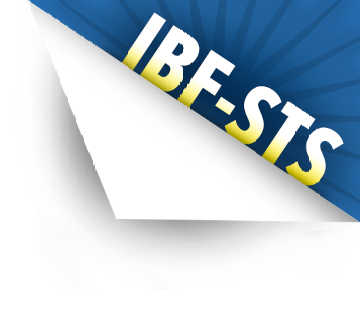Private banking is facing new and unprecedented changes in the modern age of finance. Not only because the new millennial clients seek a very different approach to banking and wealth management, but the very core practices of private banking is challenged by digital innovations in the fintech arena. It is said that if the private bank will not change “what they do, and how they do it, then their clients will effect that change for them.” In the wealth management sector, technologies, processes, people, ideas, and methods are changing all the time.
This is why it is important to be prepared with knowledge and planning skills for a smooth transition when change occurs. This is important in all change situation for team leads as they lead their team of RM and also manages stakeholders’ expectations. This workshop will give team leads, and key personnel in the private banking sector some valuable skills to manage and implement changes more smoothly and to make changes better accepted.
Target Audience
- Relationship Management Director/Team Lead in Private Banking
- Covered persons under Private Banking Code of Conduct who may be interested
Course Objectives
- Apply and document change control procedures in regular work processes based on endorsed changes
- Provide suggestions for tweaks to business processes and/or operations to support changes and transitions effectively
- Identify impact of change on employees and stakeholders
- Develop communication materials to prepare affected employees and stakeholders for change
- Identify associated costs and resources required to facilitate change implementation
- Document change impact on workplace performance and processes against key performance benchmarks and//or success indicators
- Identify opportunities for change within own scope of work to improve work processes
- Support implementation of change when required
Course Outline
Understanding Change & Key Changes Affecting Business, Clients & Team
- What are changes and where does change come (for the private bank)
- What are the Internal/External Environments Affecting Change in Private Banking
- Digital Innovation & Change in today’s Private Banking Business
- Case Study: How does Change Affects Business, Clients & Stakeholders
Understanding Change Control & Change Control Procedures
- Understand and Manage the Change Curve
- Comparing and identifying Change Control Procedures for Private Banking
- Compare and assess the Organization’s key practices on Change
- Developing Change Management KPIs with MAS regulatory standards
Identify Leadership Roles in Change Management
- Increasing Change Readiness in Stakeholders
- Expanding Change-roles in the RM team for effective change planning
- 4 Proactive Steps for Team Leads, RMs & Staff
Regulatory Requirements & Change Management
- How to be anticipative and proactively involved with regulatory changes
- Change programmes and regulatory challenges
- How to uphold ethical standards through change management programmes
- Building a mechanism of feedback and improvement
Assessment - MCQ
About IBF Certification
This course addresses the following Technical Skills and Competencies (TSCs) and Proficiency Level (PL):
- Change Management (Level 3)
Participants are encouraged to access the IBF MySkills Portfolio to track their training progress and skills acquisition against the Skills Framework for Financial Services. You can apply for IBF Certification after fulfilling the required number of Technical Skills and Competencies (TSCs) for the selected job role.
Find out more about IBF certification and the application process on https://www.ibf.org.sg/home/for-individuals/ibf-certification/why-be-ibf-certified
